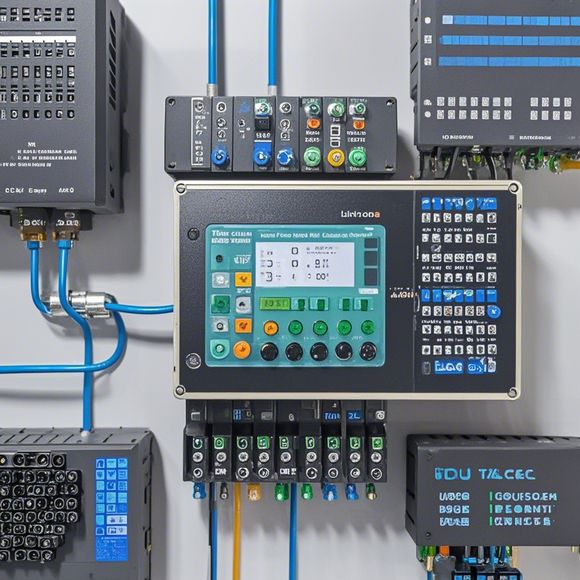What is a PLC (Programmable Logic Controller)?
A PLC, or Programmable Logic Controller, is a type of electronic device that can be programmed to perform specific tasks. It's designed to control and manage industrial processes, such as manufacturing equipment, automation systems, and other industrial applications. The main function of a PLC is to receive input signals from sensors or other devices and then output commands to control the operation of the system. It can also store data and make decisions based on pre-programmed logic, allowing for more complex and efficient operations.
Introduction:
Hello, everyone! Today, I'm going to talk about one of the most important and useful pieces of machinery in the world of manufacturing and automation - the Programmable Logic Controller (PLC). So, what exactly is a PLC? And why is it so crucial for modern industrial operations? Let's dive right into this fascinating topic.

What is a PLC?
A Programmable Logic Controller (PLC) is a digital control system that can be programmed to perform specific tasks based on predefined instructions. It's essentially a miniature computer that's designed to handle complex logic and control functions within an industrial environment. Unlike traditional mechanical switches or relays, PLCs are programmable, meaning they can be customized to meet specific needs and requirements.
Why is a PLC so important?
Now, let's talk about why a PLC is so crucial in today's world of manufacturing and automation. Firstly, PLCs offer significant advantages over traditional control systems. They are highly reliable, with long lifespans and low maintenance requirements. This makes them ideal for applications where reliability is paramount, such as critical safety-critical industries like healthcare or transportation.

Secondly, PLCs offer flexibility and scalability. They can be easily programmed to handle a wide range of tasks and can be expanded or modified as needed. This makes them ideal for industries that are constantly evolving and need to adapt quickly to changing market conditions.
Thirdly, PLCs offer high levels of efficiency and productivity. With their ability to automate complex processes and streamline workflows, they can help businesses save time, money, and resources. This is particularly important in industries where labor costs can be high, such as manufacturing or construction.
Finally, PLCs offer excellent communication capabilities. They can connect to various types of sensors, actuators, and other devices within an industrial environment, allowing for real-time monitoring and adjustment of control functions. This makes them ideal for industries where accurate and timely data is critical for decision making.
In conclusion, a Programmable Logic Controller (PLC) is an essential piece of machinery in the world of manufacturing and automation. Its ability to offer significant advantages over traditional control systems, flexibility and scalability, high levels of efficiency and productivity, and excellent communication capabilities make it a valuable tool for businesses across a wide range of industries. So if you're looking to take your business to the next level and improve efficiency and productivity, investing in a PLC could be just what you need!

Content expansion reading:
Articles related to the knowledge points of this article:
PLC Controller Wiring Guideline
PLC Controller for Manufacturing Automation
Plumbers Rule! The Role of PLC Controllers in the World of Waterworks
The Role of Programmable Logic Controllers (PLCs) in Foreign Trade Operations
Connecting a PLC Controller to Your Computer
PLC Controllers: A Comprehensive Guide to Understanding Their Prices